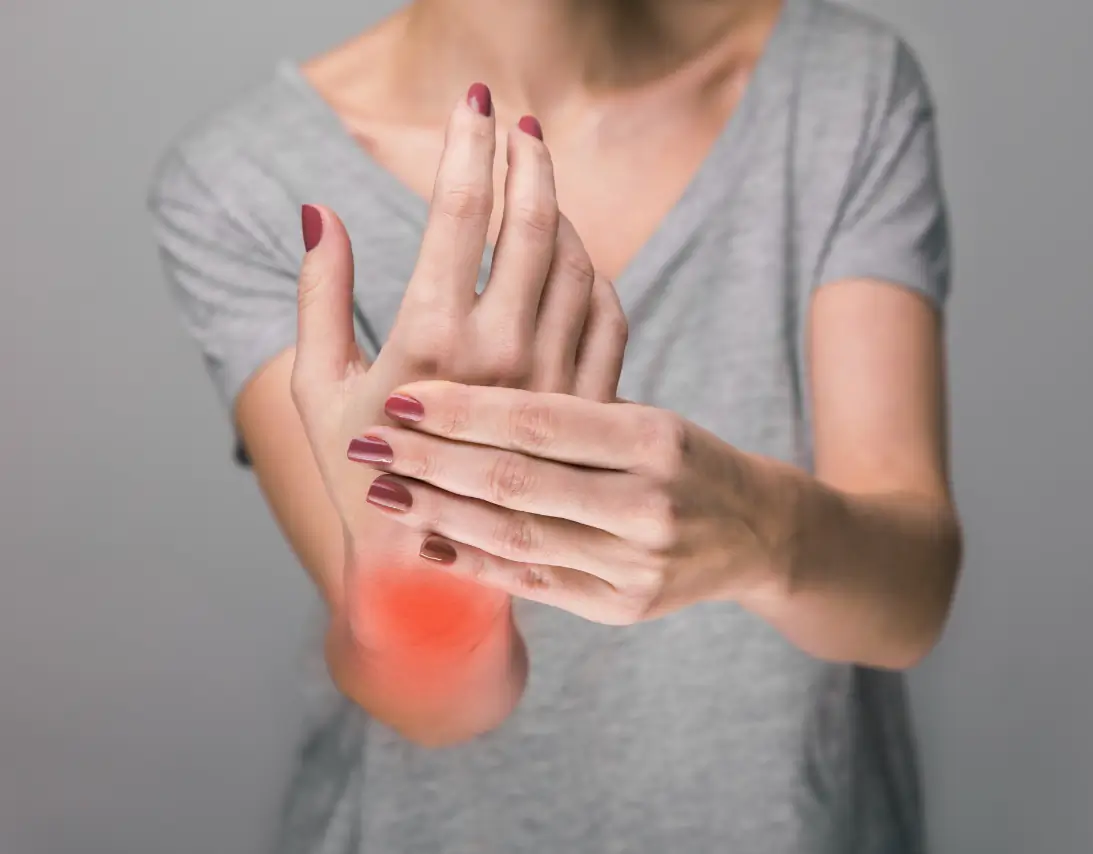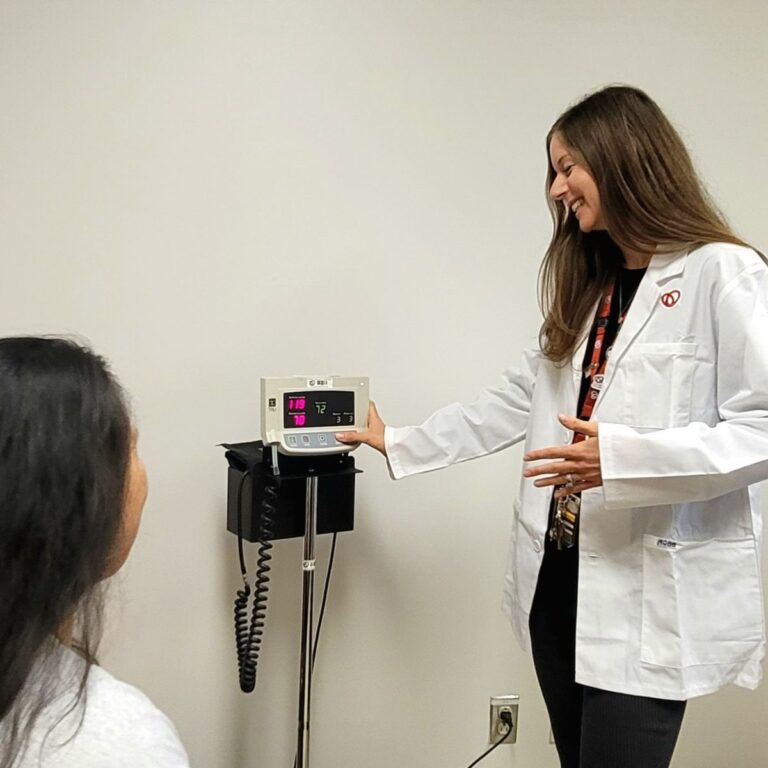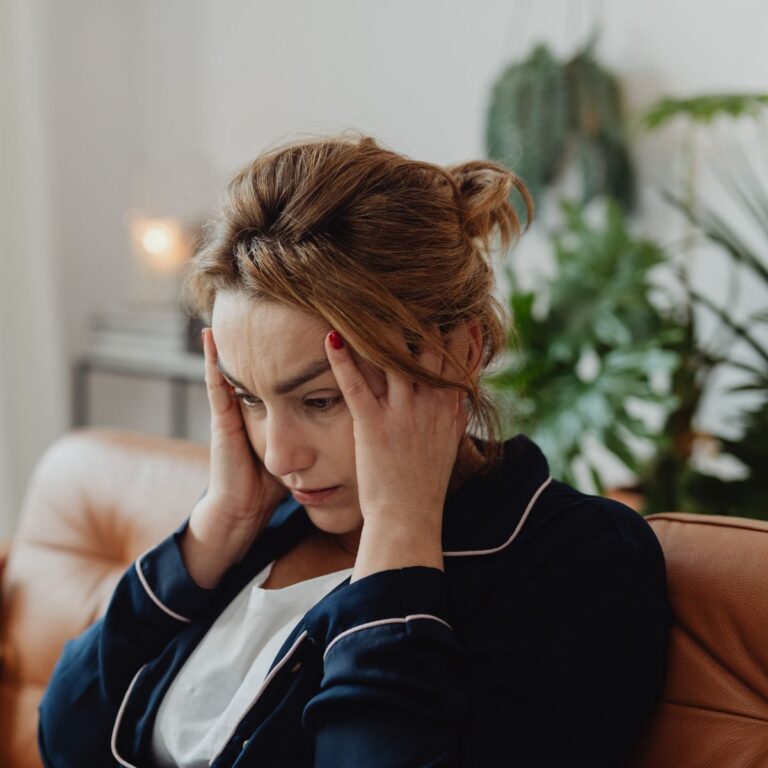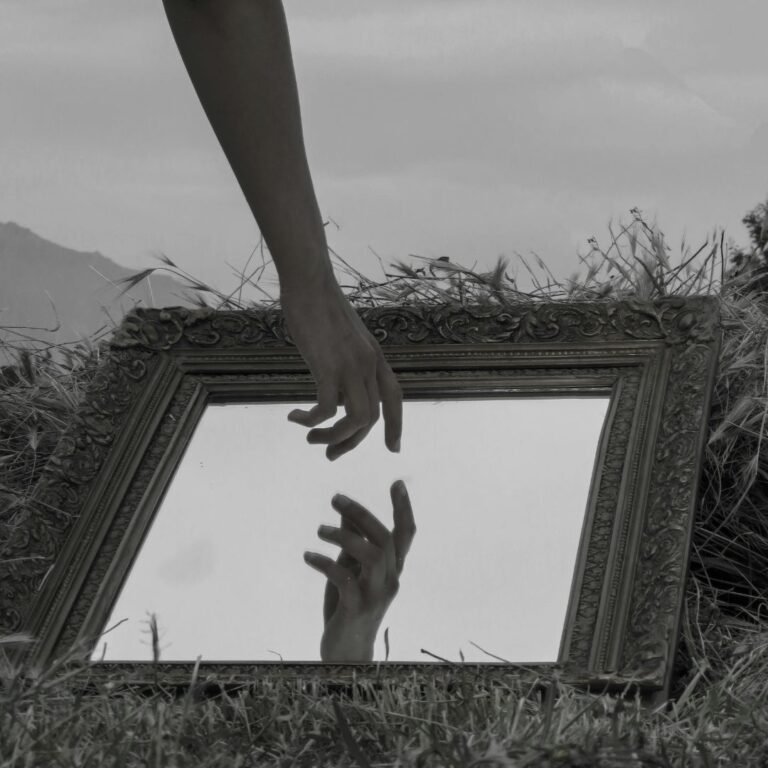My anorexia didn’t kill me, but it did shape me forever
Health14.09.2023

My anorexia.
It’s only as I sit down to write this that I realize that’s what I call it.
My anorexia.
Calling it that makes sense for two reasons:
- Everybody’s anorexia is different. Some people experience anorexia combined with bulimia. Some with exercise compulsion. Many experience comorbidity with anxiety, mood disorders, obsessive-compulsive disorder (OCD), substance use disorders, and post-traumatic stress disorder (PTSD). For 10 per cent of people, anorexia will be fatal within ten years. An additional 10 per cent will die within twenty years. Their anorexia, your anorexia, my anorexia — they all come with their own challenges and experiences.
- The anorexia is mine — and I’m its — forever. I’ll never know what it’s like not to be anorexic. I find it difficult to tell new people about my anorexia because saying, “I was anorexic” sounds wrong. Like alcoholism, anorexia can also be classified as a chronic and relapsing condition. Many alcoholics will acknowledge the ongoing role of alcoholism in their lives, saying, “I’m an alcoholic,” even if they haven’t had a drink for 20 years. Saying “I am anorexic” though — well, it can be confusing, awkward, and lead to an up-and-down look to assess just how skinny I am. Which, of course, as an anorexic / former anorexic / recovering anorexic trying not to obsess about how thin I am (or not) isn’t great for my mental health.
How it started
I could say it started when I was 10, but that’s probably wrong. It’s true I started restricting my eating when I was 10, but the seeds were planted long before that. A combination of nature and nurture. An A-type personality. A desire for control. An ability to commit to things — willpower some people call it. A family where the fondest greeting you could get when you walked in a room was, “There you are, my little skinny Minnie!”
I went to a private school where uniforms were supposed to equalize us. In fact, they did just the opposite. It was so much easier to compare body types between 25 girls, all dressed the same. There was no dressing for your body type. No choosing a flattering waistline, or neckline, or colour. There was just a dropped-waist, boxy jumper made of hot, thick wool which only looked good on the most stick-thin of girls.
Back then, my anorexia shaped me in simple ways:
- Being hungry all the time.
- Spending far too much time on the scale / looking in the mirror / obsessing about how my clothes fit.
- Fighting with my parents all the time about food, about clothes, and just generally about why I was a pain in the butt to live with.
During outpatient treatment at the Children’s Hospital of Eastern Ontario (CHEO), my psychiatrist threatened to admit me, and I learned to eat just enough to make that threat go away.
It was like wallpapering over a crack in the plaster. Good for a while … but not for long.
How it continued
I looked healthy enough, but I was still a pain in the butt to live with.
In my university and young adult years, I planned my food intake meticulously, exercised obsessively, and still spent most of my time worrying I was fat.
If you were my boyfriend, this meant you’d roll over at 6:30 a.m. on a Sunday morning to find out I’d already left for the gym. If you were a loyal and trusted pal, I’d bully you into running with me late at night when it was too dangerous to run alone. And if you were someone trying to become a new friend, there were lots of places I’d meet you and activities we could do, but they didn’t include having coffee or meeting for dinner.
At this point, my anorexia was the cause of:
- Breakups of perfectly good relationships.
- Moving apartments whenever my weird rules around eating started causing tension among my roommates.
- Still spending far too much time on the scale / looking in the mirror / obsessing about how my clothes fit.
As the cracks came through the wallpaper, it was tempting to redecorate with prettier (and stronger!) paper. Instead, I made a counselling appointment at my university’s student wellness office. For the first time, I spoke to a professional who talked about my problems as a human, instead of an anorexic.
Rather than encouraging me to pick a goal weight and force-feed my way toward it, or order a pizza and eat it in his office while describing the feelings it evoked in me, my therapist at university asked me about being a daughter, being a student, being a roommate.
Maybe it shouldn’t have been a lightbulb moment, but it was. My anorexia wasn’t about calories and fat — it was about insecurities and pressure. It was about all the things that happened in life, and the way I reacted to them.
Wow.
It’s not that my problems were over, but I had a glimmer of beginning to understand them.
How it’s going
For the most part, I’m at peace with my anorexia these days. Having two children very close together, with most of my focus on feeding them, left me much less time to obsess about my own food intake.
Of course, there were times I wondered if it would flare up again. What about when I was pregnant? Well, turns out that was just fine. My midwives were happy never to weigh me, and it’s hard to obsess about what your body’s doing when it’s doing a bunch of things you could never have imagined.
I’ve learned what triggers me, and how to stay on track. I never weigh myself — we don’t own a household scale. The rest of the family gets weighed at the doctor’s office, and maybe if they’re at a friend or relative’s house who owns a scale. I used to let the doctor weigh me once a year, but even that was a problem when she’d say, “You’ve gained two kilos, which is perfectly normal,” and I’d feel the spiral starting again — planning not just how to lose those two kilos, but a couple more to be safe.
It’s true I still plan my eating — far more than most people. I never start a trip without a bunch of healthy prepared snacks. My family thinks it’s because I like to take care of them, and it is — a bit — but it’s also about not putting myself in a position where my only alternative is fast food I’ll be conflicted about.
Interestingly, as I move into menopause I have far fewer “bad” days — days where I waste precious time and energy worrying about my weight. It makes me certain hormones have played a significant role in my anorexia (maybe this isn’t true for other people’s anorexia … but mine, for sure). I try not to wonder if I could have used that knowledge earlier in my life and instead just be glad things seem easier now.
So, what has my anorexia done for me?
It’s wasted so much of my time — time worrying about how I look and what I’m going to eat — that’s true.
It’s put me in danger, back when my weight was in the tenth percentile for my age and height. Back when my hunger was grinding.
It’s made people upset with me — made them leave my life.
But …
It’s also made me so grateful for those moments when I feel at peace with my body. I’ll never take that feeling for granted.
It may, ultimately, have developed habits that now make me healthier. These days I exercise less fanatically, but still regularly. And automatically avoiding fast food? Well, at this stage in my life, that’s a good thing.
Some people haven’t left me, and my anorexia has shown me who they are. The ones who, when things were bad, would call every week and say, “I’m checking in on you.” The ones who said, “I know it’s hard, and I don’t understand how you feel, but you should know I think you’re beautiful.”
I’m not sure I would have heard those words without my anorexia, so I’ll accept that it’s shaped me and — maybe — I’ll even be a little bit grateful for it.










